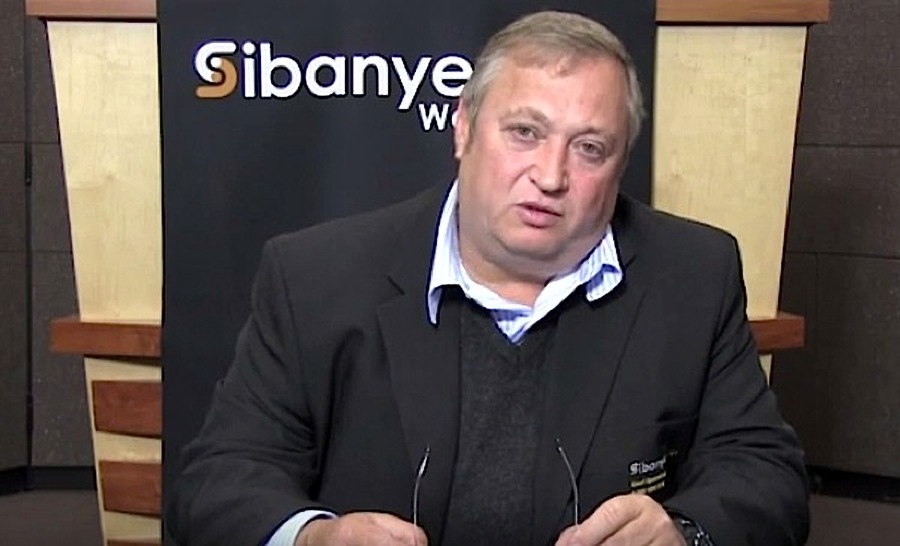The recent history of Lonmin, the smallest and most financially stressed of the world’s three biggest platinum miners, reads like a tragedy. The company has faced thin profit margins, a struggle to avoid breaching banking covenants and some of South Africa’s most fraught and violent conflicts with local mining communities. The stock has lost more than 90 percent of its value in the past three years.
“A lot of blood and tears have gone into” this business, Lonmin’s Chief Executive Officer Ben Magara told reporters in Johannesburg. “In some way, it’s a sad moment, but in another it’s a fantastic new beginning.”
Read more: The rise and fall of a mining company that tried to buy Harrods
That new beginning will be as part of Froneman’s growing empire of precious metals mining. Sibanye, which owns a nearby platinum mine, will get access to processing facilities for the first time. The new company will represent 25 percent of the concentrated platinum market, according to Liberum Capital Ltd.
It’s Froneman’s fourth acquisition in the last two years. When Sibanye was created in 2013, it was supposed to be a steady, dividend-paying operator of three aging but profitable South African gold mines. But with production from the three old mines scheduled to halve by the late 2020s, the CEO decided he couldn’t stand still.
Sibanye is banking on a turnaround in metals like platinum over the next four years.
“Then we can start some of those projects, grow the output, create more jobs and build back to where Lonmin used to be,” Froneman said in an interview.
Sibanye rose 4.5 percent to 15.65 rand at 9:45 a.m. in Johannesburg. The stock fell as much as 11 percent after the announcement on Thursday. Lonmin gained for a fifth day, up 7.4 percent to 14.39 rand.
To get the deal done, Sibanye needs approval from Lonmin’s biggest shareholder, the Public Investment Corporation, which is controlled by the state.
“Job losses are going to be the government’s primary consideration,” said Ross Harvey, a mining expert at the South African Institute of International Affairs.
“The merger is really a rescue for Lonmin,” he said from Cape Town. “It should mean more jobs are kept, which is in the best long-term interests of both workers and shareholders.”
Story by Tom Wilson and Paul Burkhardt




